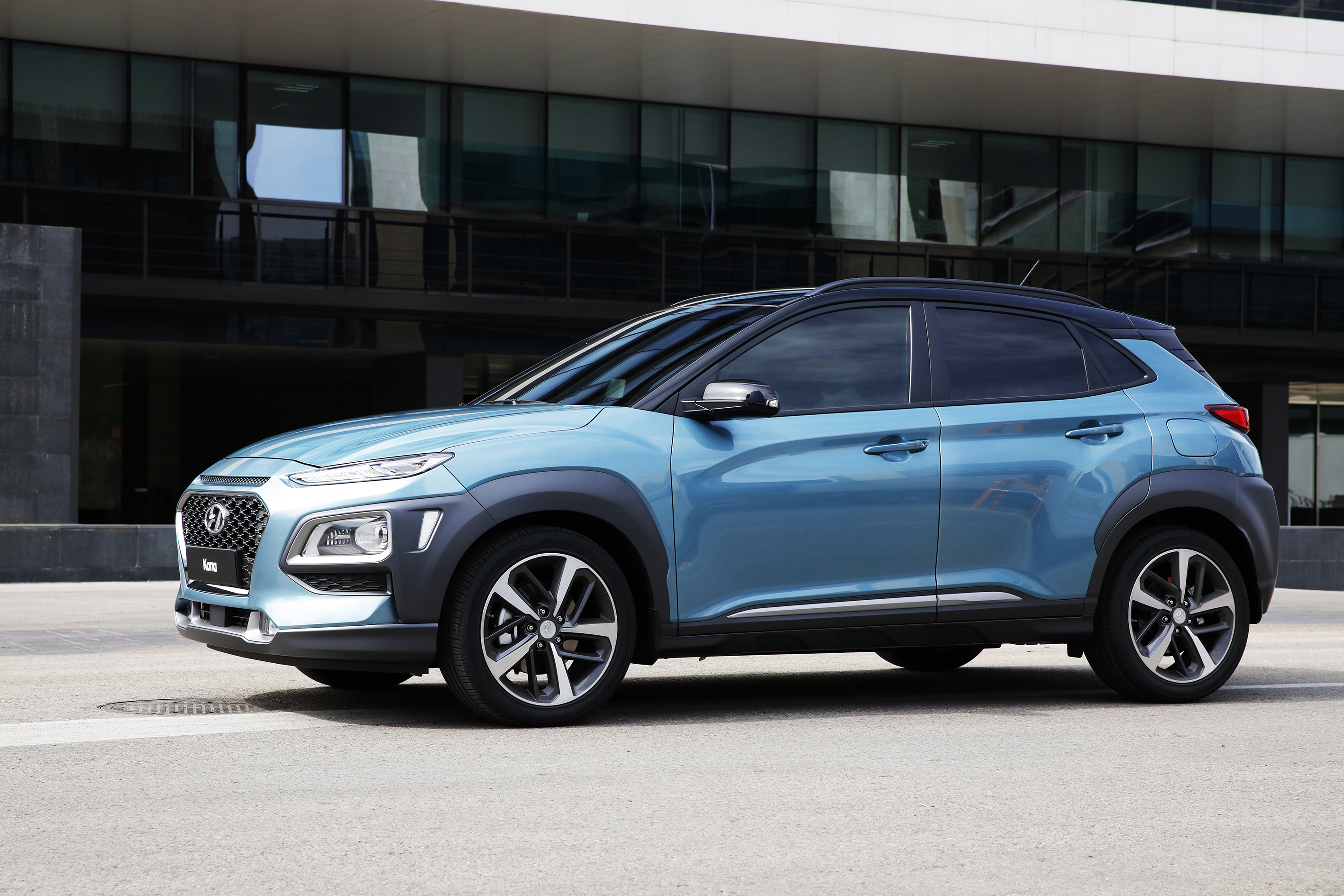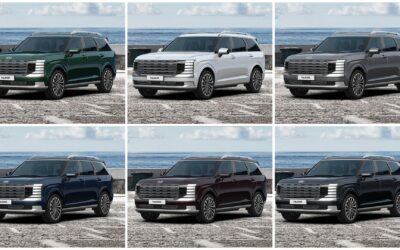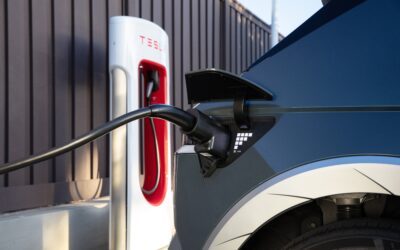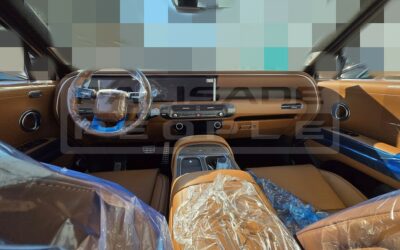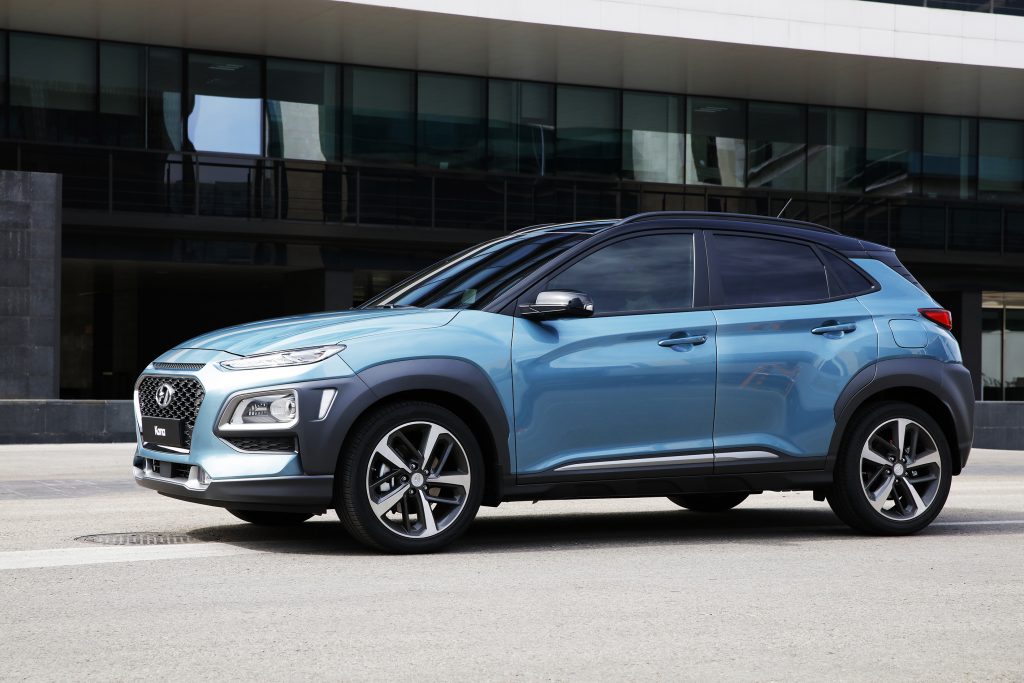 Hyundai had a busy 2017 year with total sales being over half a million units sold in the U.S. Furthermore, there are signs that the consumer market is transitioning to SUVs over sedans as their Tucson set another best month record in sales. Despite their 12% decline over total sales from last year, Hyundai has done a lot of movement from closely monitoring its new luxury brand Genesis to decreasing fleet sales.
Hyundai had a busy 2017 year with total sales being over half a million units sold in the U.S. Furthermore, there are signs that the consumer market is transitioning to SUVs over sedans as their Tucson set another best month record in sales. Despite their 12% decline over total sales from last year, Hyundai has done a lot of movement from closely monitoring its new luxury brand Genesis to decreasing fleet sales.
[ads id=”0″ style=”float:left;padding:6px;”]Looking at the number of specific units sold, there are signs that Hyundai may either stop or update certain vehicles from their line-up. For example, the most significant vehicles affected is the Equus and Genesis Coupe that combined have sold less than 1500 units.
It is unclear whether they will continue selling the Equus this year with only 20 cars sold in 2017, but it is worth noting that the Genesis brand was designed to handle the luxury end of Hyundai, so we may no longer see the Equus as a result.
As for the Genesis Coupe, Hyundai has been teasing the public with concepts of the next Generation Genesis being Hyundai’s supercar. We can only hope it is true as many manufacturers are moving towards using a supercar as their performance flagship.
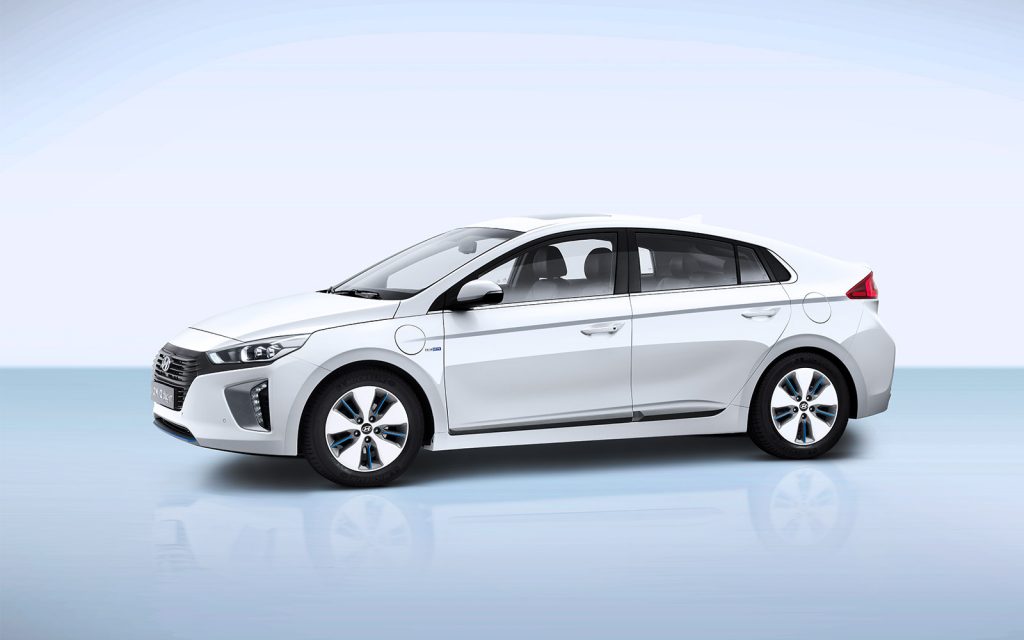 The Hyundai Ioniq has had steady growth in 2017 with it reaching a little over 11,000 units, although it is still too early to tell the outcome for Hyundai’s hybrid. It seems the little hybrid may still have at least two more years to see if the car is worth continuing.
The Hyundai Ioniq has had steady growth in 2017 with it reaching a little over 11,000 units, although it is still too early to tell the outcome for Hyundai’s hybrid. It seems the little hybrid may still have at least two more years to see if the car is worth continuing.
As for Hyundai’s sporty hatch, the Veloster; it has declined in sales partly due to its 5 year life with the same generation, but this is expected to change with recent spy shots, and Hyundai announcing its new generation Veloster along with what we hope will be a N-Line version for its North American segment while Europe will the i30 N-Series model.

